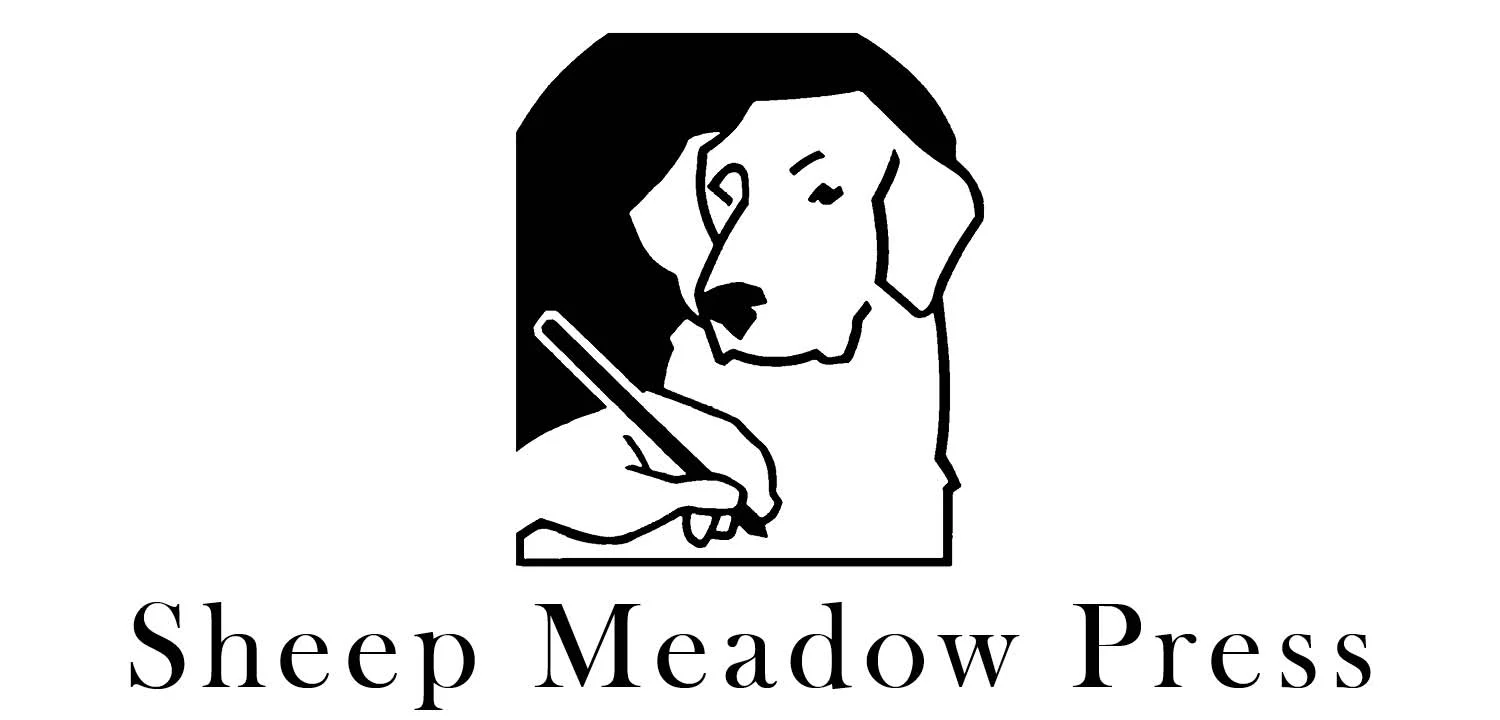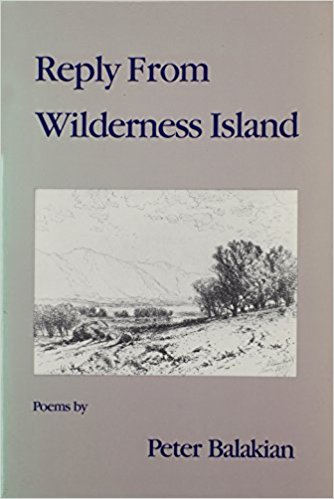PETER BALAKIAN is the author of five books of poems, most recently June-tree: New and Selected Poems 1974-2000. The others are Father Fisheye (1979), Sad Days of Light (1983), Reply From Wilderness Island (1988), Dyer’s Thistle (1996), and several fine limited editions. He is also author of the memoir Black Dog of Fate, winner of the PEN/Albrand Prize for memoir and a New York Times Notable Book; The Burning Tigris: The Armenian Genocide and America’s Response, winner of the 2005 Raphael Lemkin Prize and a New York Times Notable Book and New York Times and national best seller; and Theodore Roethke’s Far Fields (LSU, 1989). His essays on poetry, culture, art, and social thought have appeared in many publications, including Art In America, American Poetry Review, The Chronicle of Higher Education, The American Quarterly, American Book Review, and Poetry.
“Never a one-dimensional experience in life, fishing in Balakian’s world is a metaphor for the elemental rhythms and violence we all face.”—American Book Review
“Sad Days of Light is a piercingly elegant volume . . . Balakian’s vision of a world once so whole that its flavor is forever on our tongues, though its blood taste of destruction cannot be wiped from our lips even two generations removed, is both horrifying and healing.”—The Boston Globe
“Like Williams in Paterson, Mr. Balakian displays a powerful talent in resurrecting the past, lyrically transforming the story of his heritage into an affirmative history for all survivors.”—The New York Times
“If this book were political diatribe, it would never have the power to move us as it does. It is in its restrained but intimate tone, its faithfulness to the small human detail, that the poetry reaches its broadest context. As we witness the destruction of a kitchen or the anguish of one old woman, we somehow come to understand the meaning of holocaust.”—Christian Science Monitor
“Something dark and gripping moves within each of these poems. . . Balakian’s example shows us that intelligence must have its place on Parnassus.”—Poetry

